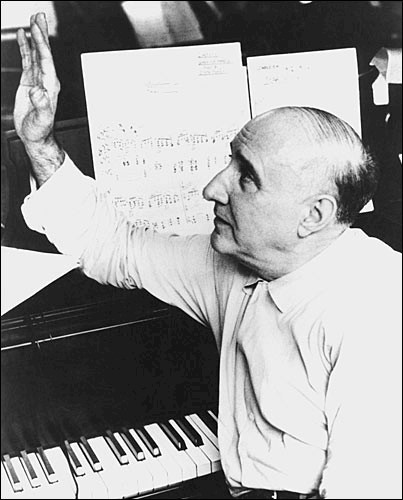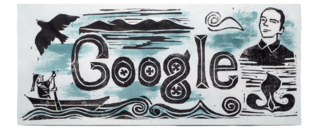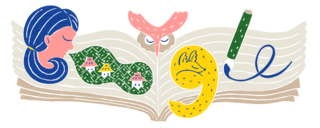スティーヴン・ホーキング Google説明
Today’s video Doodle celebrates one of history’s most influential scientific minds, English 1cosmologist, author, and theoretical physicist Stephen Hawking. From 2colliding black holes to the Big Bang, his theories on the origins and mechanics of the universe revolutionized modern physics while his best-selling books made the field widely accessible to millions of readers worldwide.
Stephen William Hawking was born on this day in 1942 in Oxford, England. Fascinated by how the universe functioned from a young age, his curiosity and intellect earned him the nickname “Einstein.” Following a diagnosis with a 3 neurodegenerative disease at 21, the music of composer Richard Wagner and the loving support of his future wife Jane Wilde motivated Hawking to dedicate himself to physics, math, and cosmology.
1 宇宙論学者
2 衝突
3 神経変性病
In 1965, Hawking defended his doctoral thesis at the University of Cambridge, “Properties of Expanding Universes,” which presented the revolutionary theory that space and time originated from a 4singularity, a point both infinitely small and dense, best known today as the key characteristic of black holes. That year, Hawking was accepted as a research fellow at Cambridge’s Gonville and Caius College−his academic home for a lifetime of research. Hawking’s obsession with black holes led to his 1974 discovery that 5particles could escape black holes. This theory, coined Hawking radiation, is widely considered his most important contribution to physics.
4 特異点
5 素粒子
In 1979, Hawking’s groundbreaking work on black holes prompted Cambridge to appoint him as the Lucasian Professor of Mathematics, a position held by Isaac Newton in 1669. Hawking’s doctoral thesis was released to the public in 2017 on a University of Cambridge website, which crashed due to enormous amounts of traffic.
Here’s to an innovator whose astronomical impact changed how the world understands the universe!
1月8日はホーキング博士の生誕80周年。
【このカテゴリーの最新記事】
-
no image










